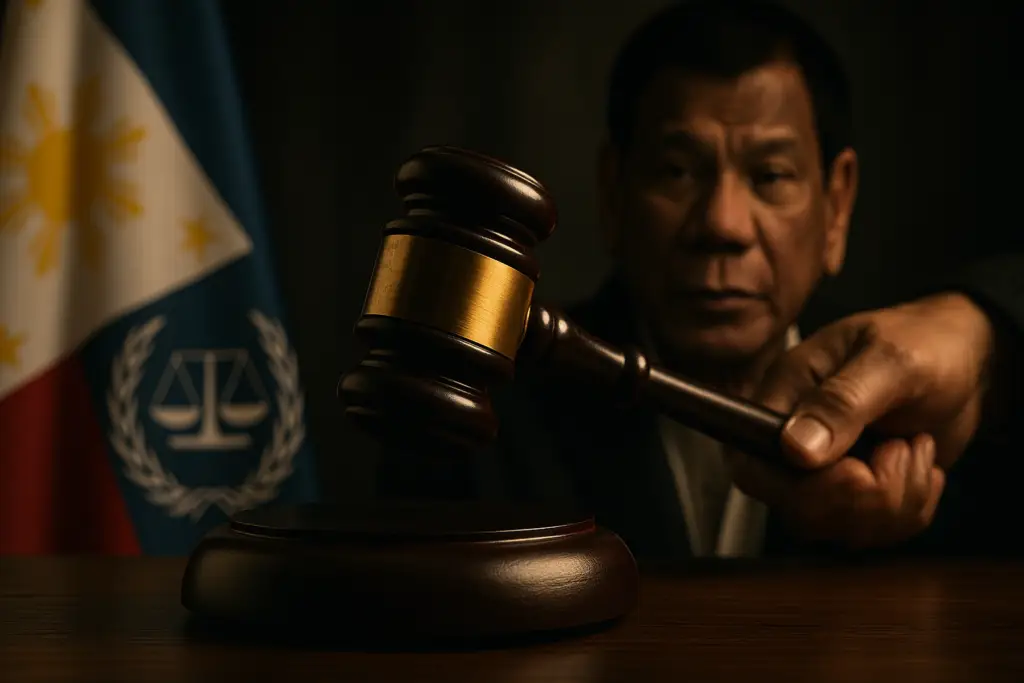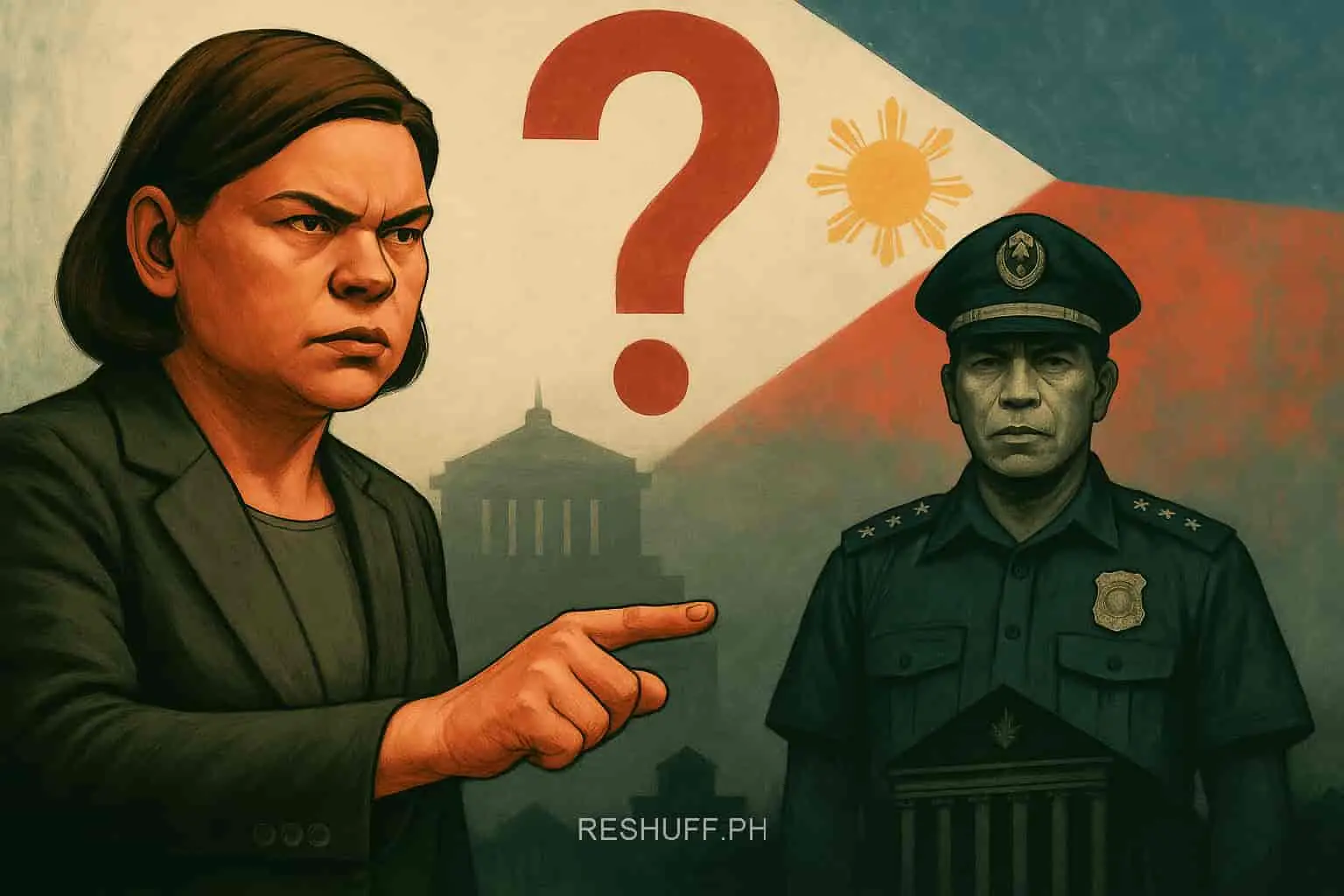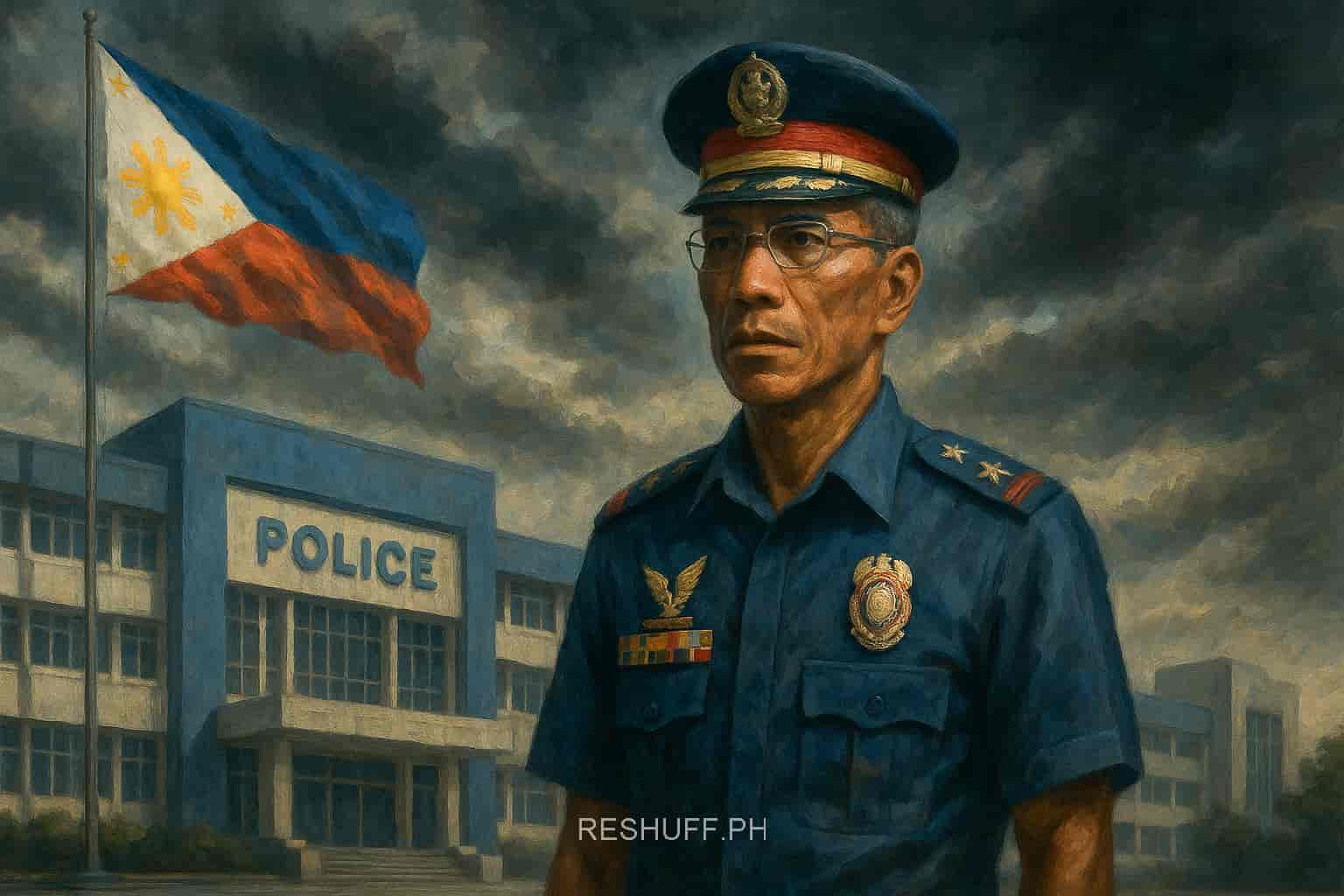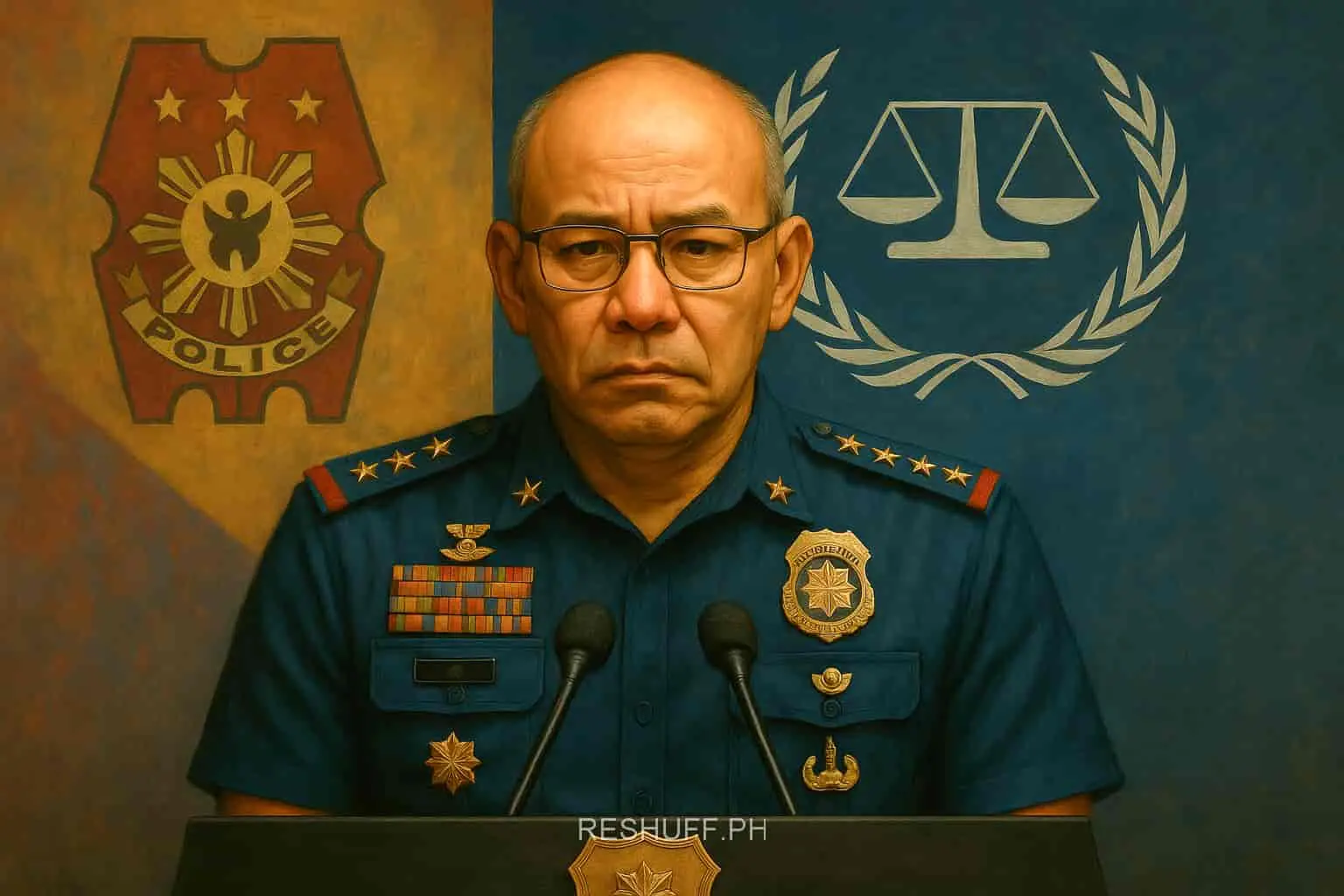Former Philippine President’s Lawyer Claims “Compelling” Grounds to Dismiss Case Before Trial
THE HAGUE — March 31, 2025
The lead attorney representing former Philippine President Rodrigo Duterte has presented what he describes as a “compelling” argument to dismiss the International Criminal Court (ICC) case against his client before it proceeds to trial.
In an exclusive interview in The Hague, Nicholas Kaufman told reporters he hopes to halt the case before the ICC confirms charges against Duterte by challenging the court’s jurisdiction. The British-Israeli lawyer emphasized that the Philippines’ withdrawal from the court had become effective well before an investigation was authorized.
“Coming back to the jurisdictional point, obviously you don’t need to be the dean of a law faculty to realize that that’s going to be a huge issue at pre-trial,” Kaufman said. “I think that the jurisdictional argument is compelling as defense counsel. I believe that it should succeed, and I would be hugely disappointed if it doesn’t succeed.”
Crimes Against Humanity Charges
Duterte, 80, faces charges of crimes against humanity for murder related to his controversial “war on drugs” campaign that reportedly claimed thousands of lives, primarily among impoverished men, often without evidence linking them to drug-related activities.
A confirmation of charges hearing, where both prosecution and defense will present their initial evidence, is currently scheduled for September 23. However, Kaufman expressed confidence in his strategy: “We hope to persuade the judges pre-trial that it (the court) cannot exercise its jurisdiction over the case. There won’t be a confirmation-of-charges hearing if the judges rule in our favor.”
Jurisdiction Dispute
The jurisdiction question remains central to this case following the Philippines’ withdrawal from the ICC in 2019. When issuing the arrest warrant for Duterte, the court noted that the alleged crimes occurred while the country was still an ICC member.
“As the alleged conduct has taken place between 1 November 2011 and 16 March 2019 on the territory of the Philippines, it falls within the Court’s jurisdiction,” the ICC stated.
The ICC chief prosecutor has described Duterte’s alleged crimes as “part of a widespread and systematic attack directed against the civilian population” in the Philippines. For families of victims of the drug war, the ICC case represents a long-awaited opportunity for justice.
Arrest Controversy
Another critical issue for the defense involves Duterte’s March 11 arrest and rapid transfer to the ICC in The Hague, which Kaufman characterized in stark terms.
“I view it as a kidnapping, nothing more or less. It’s an extrajudicial rendition. He was given no due process, just slung over to the Hague,” Kaufman said. “This was in complete contravention of Philippines law.”
The former president’s sudden detention occurred amid a dramatic deterioration in relations between two of the Philippines’ most influential political families. The Duterte and Marcos clans had previously allied to secure an election landslide in 2022, resulting in Ferdinand Marcos becoming president and Sara Duterte — Rodrigo’s daughter — becoming vice-president.
Since then, Sara Duterte has been impeached on charges including an alleged assassination plot against President Marcos.
“Rodrigo Duterte should have been brought before a judge before he was thrown onto a plane and dumped in The Hague. That didn’t happen. As I’ve said already, this is a political hit job,” Kaufman claimed. “The politics in that country basically ended up in a situation where they needed to get him out of the picture. The incumbent government did not want him in the picture anymore.”
Detention Conditions
Kaufman reported visiting his client almost daily at the ICC detention center located in Scheveningen, a suburb of The Hague. While acknowledging that Duterte was “adjusting to the reality of prison life” and that such adjustment is “not easy for anyone,” the lawyer noted that the former president remains in “good spirits.”
Kaufman, whose previous ICC clients include former Congolese rebel leader Jean-Pierre Bemba and Aisha Kadhafi, daughter of the deceased Libyan dictator Muammar Gaddafi, expressed concern that the ICC might be reluctant to relinquish such a high-profile case.
“My only fear is that this court is starved of cases at the present moment and might be loath to let a case like that go, to slip through its hands,” he concluded.




